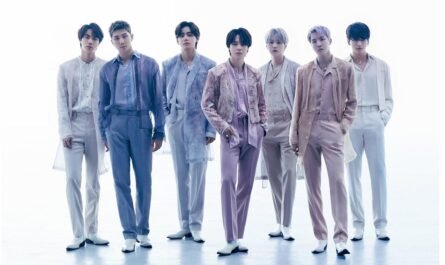South America is the ‘golden market’ for K-pop, whose only drawback is distance. Top groups Twice and Espa are proving their value through numbers. Even though it was a very large-scale performance, it was sold out early, leading to the highly unusual decision to make additional emergency programming. At the same time, major South American countries responded to the rare visit of a K-pop star with enthusiastic hospitality throughout the city.
Twice, who is currently on an unprecedented world tour, has decided to add one more performance to be held at FORO SOL in Mexico City, the capital of Mexico, in February next year. Foro Sol is one of South America’s representative stadiums, with a maximum capacity of 65,000 seats. Before Mexico, Twice also attracted attention by extending their performance at the 43,000-seat Allianz Parque in Sao Paulo, Brazil, for one more time.
On the other hand, Espa demonstrated its status in South America by selling out all the tickets for the concert tour that took place in Mexico City, Mexico, Sao Paulo, Brazil, and Santiago, Chile. This tour follows the North American performance that achieved the ‘sold-out legend of all seats,’ and Espa’s global syndrome, which conquered North, Central, and South America, is expected to spread to Europe at the end of this month.
As is well known, South America is the only region other than Mexico that does not have a direct flight to Korea. The biggest drawback is the inevitable problem of high material and time costs caused by physical distance. As seen in the cases of Twice and Espa, it is correct to say that it is difficult to hold a tour at or above the level of a large city arena without being guaranteed.
However, on the contrary, the fact that performances are being held one after another despite these business risks can be read as proof that the popularity of K-pop in South America, which far exceeds the burden of objective risks, exists and is growing day by day.
Music industry officials said, “As seen in the Twice Espa case, South America is undoubtedly a golden K-pop market where distance is the only problem.” “I believe we will soon be able to find a solution to this problem to some extent,” he predicted.











